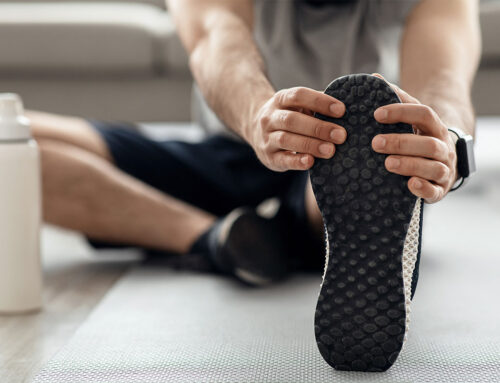There’s nothing quite like hitting the trails for a hike, breathing in the fresh air, and taking in the beauty of nature. Hiking is an incredible way to stay active, improve cardiovascular health, and strengthen your body. However, like any physical activity, it requires proper preparation to avoid injury and ensure a smooth journey. That’s where physical therapy comes in.
Whether you’re an experienced hiker or just starting out, physical therapy can help you build strength, increase flexibility, and prepare your body for the challenges of the great outdoors. At Alton Physical Therapy, we’ve seen how tailored exercises and expert guidance can make all the difference in having a safe and enjoyable hiking experience.
Benefits of Hiking as Exercise
Hiking offers numerous health benefits, including:
- Cardiovascular Health: Hiking at an incline or with a steady pace boosts heart health, improving endurance and stamina.
- Muscle Strength: Hiking works muscles in your legs, core, and upper body, especially if you’re carrying a backpack.
- Balance and Coordination: Navigating uneven terrain helps develop stability and coordination.
- Mental Well-Being: Hiking in nature can reduce stress and boost mood, providing a mental escape from daily life.
How Physical Therapy Prepares You for Hiking
Before embarking on a hiking journey, it’s important to make sure your body is ready to handle the demands of the trail. A personalized physical therapy program can target specific areas to help you get there.
- Strength Training
Hiking requires strong legs and core muscles to manage uphill climbs, downhill descents, and balance on uneven terrain. Your physical therapist will guide you through exercises that strengthen key muscle groups:
- Legs: Squats, lunges, and step-ups will target your quadriceps, hamstrings, and calves to handle steep trails.
- Core: Planks, bridges, and bird dogs will engage your core, ensuring stability and reducing the risk of back injuries while carrying gear.
- Glutes: Exercises like hip thrusts and clamshells strengthen your gluteal muscles for powerful strides.
- Flexibility and Mobility
A good range of motion is crucial for preventing injuries like sprains and strains while hiking. Physical therapy focuses on stretching and mobility exercises that increase flexibility in your hips, knees, and ankles. This helps ensure that your joints can handle uneven paths and sudden changes in direction.
- Hamstring Stretches: Loosen tight hamstrings, improving stride and reducing the risk of lower back pain.
- Hip Flexor Stretches: Keep your hips mobile and able to extend fully, preventing overuse injuries.
- Calf Stretches: Stretching your calves improves ankle flexibility, essential for climbing and descending.
- Balance and Stability
Maintaining balance on uneven surfaces is one of the biggest challenges hikers face. Physical therapy can incorporate balance training exercises to enhance stability and reduce the risk of falls. Balance boards, single-leg exercises, and stability ball workouts help prepare you for unpredictable trail conditions.
- Endurance Training
Hiking requires sustained physical effort over long periods. Building endurance through cardiovascular and muscular conditioning is essential for a successful hike. Physical therapy programs can include endurance training like walking on a treadmill at an incline or engaging in controlled stair climbing to simulate real trail conditions.
Gear and Technique Tips for Safe Hiking
In addition to strengthening and conditioning your body, using the right gear and technique can help you stay safe on the trail:
- Proper Footwear: Invest in hiking boots with good ankle support and grip. Your physical therapist can recommend footwear based on your foot type and walking style.
- Use Trekking Poles: Poles can improve balance and reduce the impact on your knees during descents.
- Pack Smart: Keep your backpack light and distribute weight evenly. Make sure your straps are adjusted to keep the pack close to your body.
- Warm Up and Cool Down: Stretch before and after your hike to prevent stiffness and improve recovery time. Your physical therapist can guide you through the most effective stretches.
Ready to Hit the Trails?
If hiking is something you’re looking to take on, or if you’re preparing for a challenging hike, we’re here to help! At Alton Physical Therapy, we’ll create a personalized program designed to improve your strength, flexibility, and endurance, ensuring you’re ready for your outdoor adventures. Reach out to schedule a consultation and let us help you get trail-ready.
Get started today and make the most of the great outdoors with confidence!




